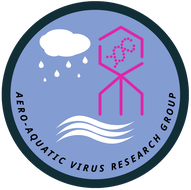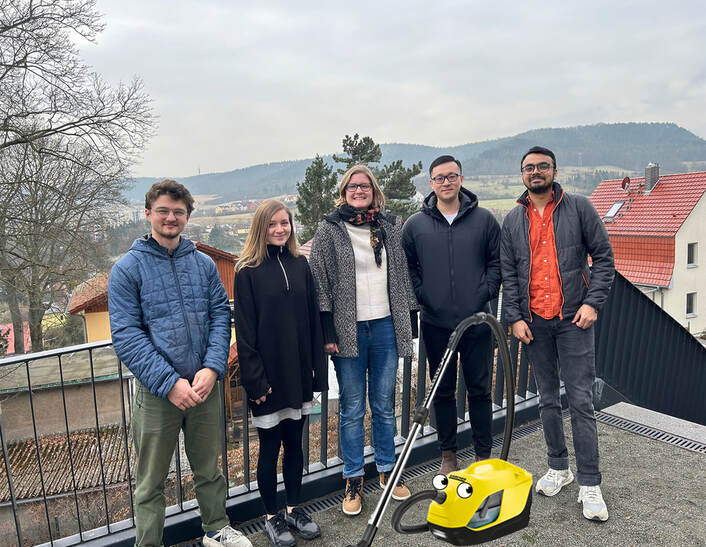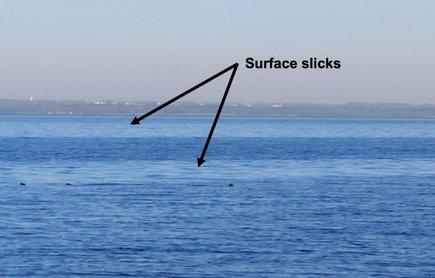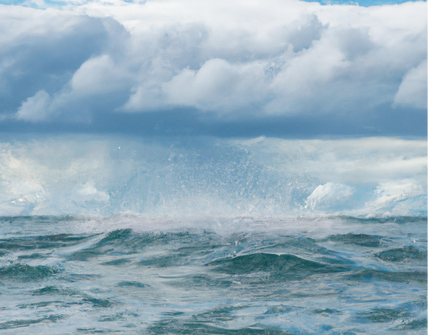Aero-Aquatic Virus Research Group
|
About our work
Our group investigates prokaryotic viruses and their hosts in aquatic and atmospheric ecosystems. Within aquatic systems, our research focusses on the surface microlayer, the upper 1 mm skin of the water surface. We are interested in the role of viruses in shaping microbial communities, how viruses and hosts adapt to extreme ecosystems and how they contribute to atmospheric processes. In aquatic ecosystems we explore how viruses and bacteria modulate biogeochmical cycles and have effects on gas exchange. |
Research key words
|
Aero-Aquatic Virus Research Group in March 2024.
From left to right: Nick Eves, Rebecca Büschel, Janina Rahlff, Bingli Clark Chai, Ritam Das, and our aerosol sampler
From left to right: Nick Eves, Rebecca Büschel, Janina Rahlff, Bingli Clark Chai, Ritam Das, and our aerosol sampler
Latest publications
|
A recent article in ISME Communications describes the establishment of distinctive viral-bacterial communities in the surface microlayer of a visible surface slick from the Baltic Sea. New lytic viruses for abundant Gammaproteobacteria were isolated from sea-surface microlayer within the slick. Slick-specific bacterial isolates showed different carbon usage profiles likely facilitating their co-existence in the particle-rich slick. Viral microdiversity was primarily associated with the particle-rich fraction in the first meter of the water column.
|
|
A recent article in Nature Communcations shows the dispersal of viruses across the air-sea boundary to aerosols and rainwater. Virus particles become enriched in the sea-surface microlayer and sea foams and selective transfer of viruses from surface water into aerosols has been observed. Viruses detected in aerosol and rainwater featured a higher GC proportion in their genomes compared to marine viruses. Origin of air masses was related to presence of marine viruses and prokaryotes in rainwater.
|





